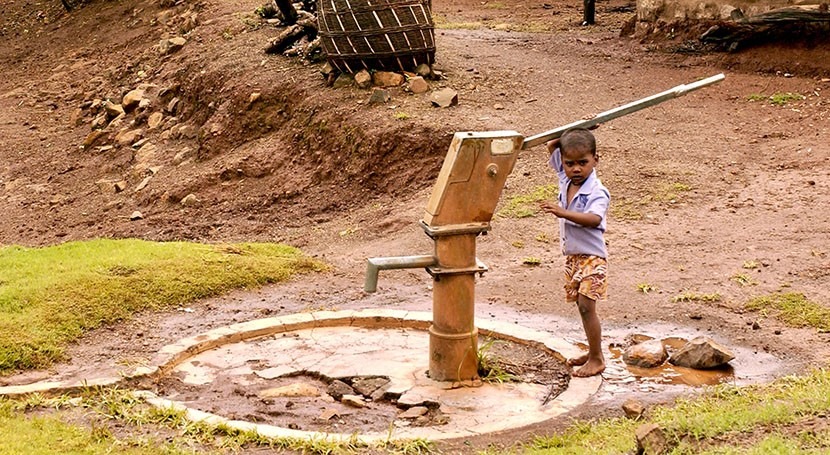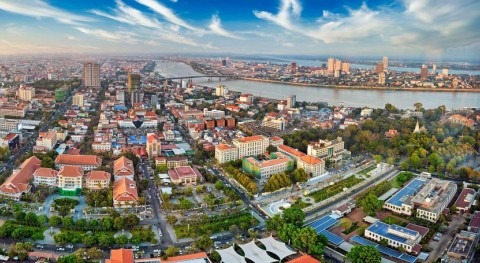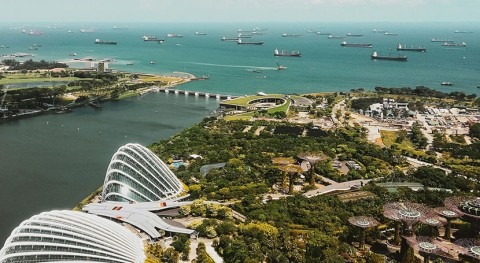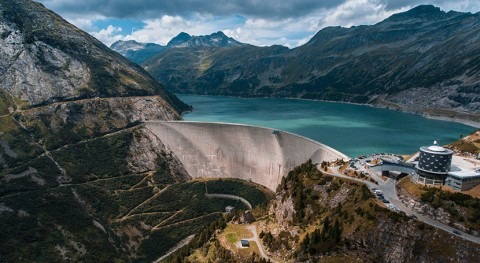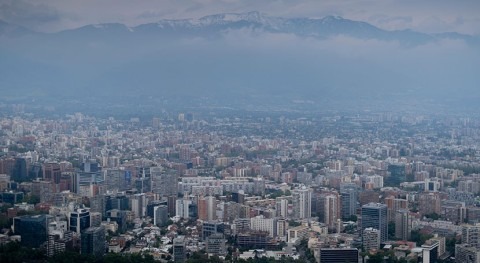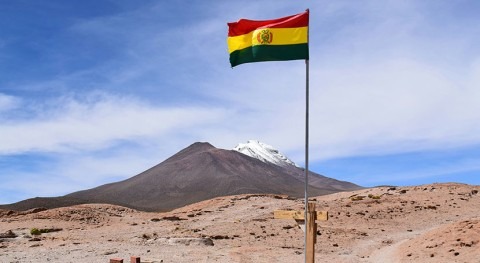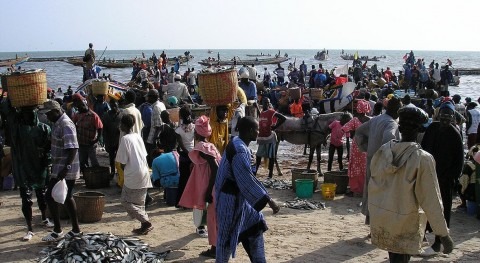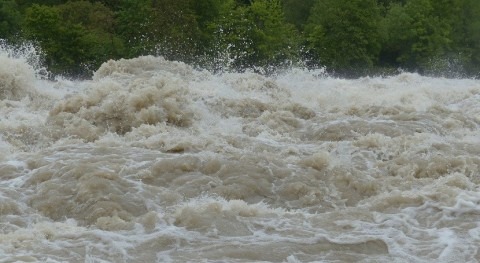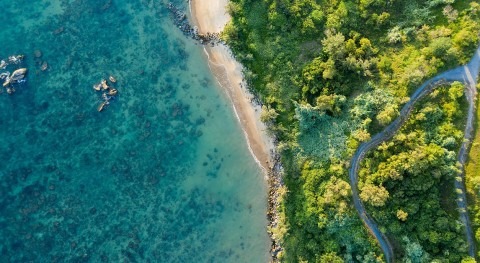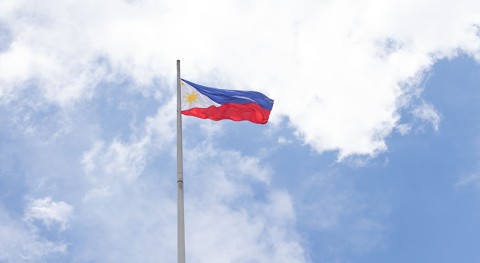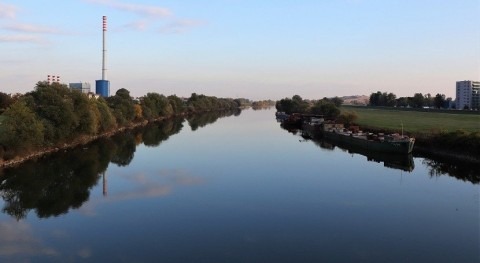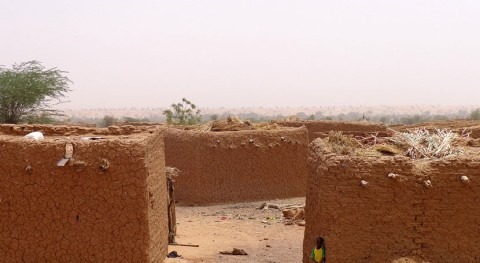Access to safe drinking water and sanitation, reliable water-supply for agriculture and industry, and protection against droughts and floods are essential for human and economic development, a World Bank report released on Monday states.
Over the past 20 years, the number of people lacking safe drinking water and basic sanitation has increased by 197 million and 211 million, respectively. Today, over two billion people still lack access to safe drinking water, and 3.5 billion are deprived of safely managed sanitation facilities. Resulting infectious diseases contribute to at least 1.4 million annual deaths and 50% of global malnutrition.
Lack of access to safe water and sanitation is particularly harmful in childhood, Water for Shared Prosperity, a report released at the 10th World Water Forum in Bali, Indonesia by the World Bank Group and the Government of Indonesia, says. Inadequate and unsafe water affects early childhood development, and time spent fetching water, inadequate sanitation and hygiene and droughts or floods disrupt learning and lead to school dropouts.
Climate change is amplifying water-related risks. Driven by global emissions, developing countries are most affected by climate shocks. Between 2000 and 2021, developing countries experienced more severe droughts and longer-lasting floods than advanced economies, with long-term effects on nutrition, school attendance and economic welfare. Developing countries disproportionately rely on water-dependent sectors, particularly agriculture, for employment. Globally, over 800 million people are at high risk of droughts and twice as many live in flood-risk hotspots.
Access to safe drinking water and sanitation, reliable water-supply for agriculture and industry, and protection against droughts and floods are essential for human and economic development
“To improve livelihoods, significant reforms and investments are needed to provide efficiently managed water and sanitation services to those without access, and to strengthen resilience against hydro-climatic risks,” said World Bank Vice President for East Asia and the Pacific Manuela V. Ferro, who is leading the World Bank team at the World Water Forum.
Water for Shared Prosperity offers specific recommendations on how to improve water security in developing countries: Protecting depleting aquifers and unevenly distributed freshwater resources will require more international cooperation, implementing proven nature-based solutions such as reforestation and investing in water storage infrastructure to prevent run-off and make water available in dry periods.
Policies to upgrade housing, and land use regulations to prevent construction in flood-prone areas can reduce exposure. Early warning systems and insurance can help households and farmers cope with extreme hydro-climatic shocks.
Reforming water tariffs and poorly-targeted subsidies, while ensuring affordability for low-income households, can help maintain and expand services and allocate scarce water resources fairly. Service providers will also need to enhance their operations, reducing water losses and lowering operating costs. Supported by policies that ensure transparency and accountability, the private sector can offer valuable expertise to enhance efficiency and manage complex infrastructure.
A spotlight section of the report examines how Indonesia, the host of this year's triennial World Water Forum, is addressing water security challenges. Indonesia has made significant investments to enhance resilience to climate-related risks, including investments in 61 dams to store water and increase irrigated areas. A Community-Based Water Supply Program has provided more than 24 million people with improved water facilities. The government has prioritized reducing pollution and environmental degradation in the Citarum River Basin in West Java, and is pioneering treatment of peat water to making it suitable for drinking through the National Urban Water Supply project.


